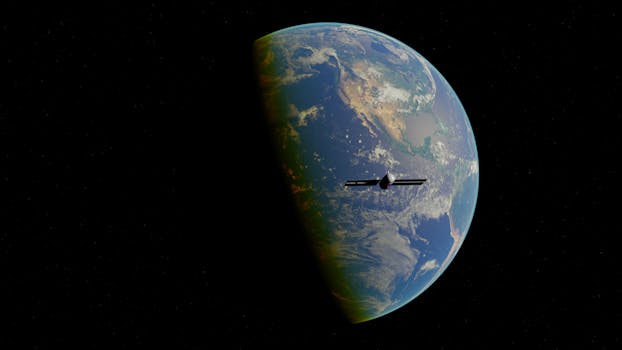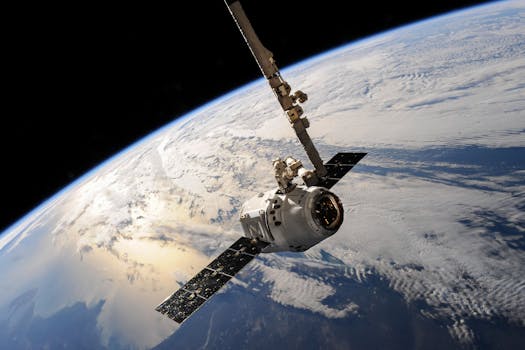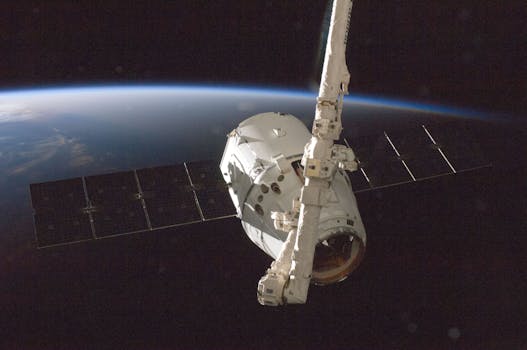The Future of Satellites: Exploring the Next Generation of Space Technology
The future of satellites is rapidly evolving, with advancements in technology and innovation leading to new opportunities for satellite-based applications. The use of satellites has become an integral part of modern life, from providing internet connectivity to enabling global navigation and communication systems. As we look to the future, it is clear that satellites will play an even more significant role in shaping our world.
One of the most significant developments in the future of satellites is the rise of small satellites, also known as smallsats. These satellites are smaller, lighter, and more affordable than traditional satellites, making them an attractive option for companies and organizations looking to launch their own satellite-based systems. Smallsats are being used for a variety of applications, including Earth observation, communication, and navigation.
Advancements in Satellite Technology

Advances in satellite technology are also driving the future of satellites. New materials and manufacturing techniques are being developed, allowing for the creation of more efficient and effective satellites. For example, the use of 3D printing is enabling the production of complex satellite components, such as antennas and propulsion systems. Additionally, the development of new propulsion systems, such as electric propulsion, is allowing satellites to operate for longer periods of time and travel further into space.
Another area of advancement is in the field of satellite communications. The development of new communication protocols and technologies, such as laser communication, is enabling faster and more secure data transmission between satellites and ground stations. This is particularly important for applications such as satellite-based internet connectivity, where fast and reliable communication is critical.
Applications of Satellites in the Future

Satellites will play a critical role in a variety of applications in the future, from providing internet connectivity to enabling global navigation and communication systems. One of the most significant applications of satellites is in the provision of internet connectivity. Satellite-based internet systems, such as those being developed by companies like SpaceX and OneWeb, aim to provide global internet coverage, including in areas where traditional fiber-optic connectivity is not available.
Satellites will also continue to play a key role in navigation and communication systems. The Global Positioning System (GPS) is a satellite-based navigation system that provides location information to users around the world. The development of new navigation systems, such as the European Union’s Galileo system, will provide even more accurate and reliable location information.
Challenges and Opportunities in the Future of Satellites

While the future of satellites is exciting, there are also challenges and opportunities that must be addressed. One of the most significant challenges is the issue of space debris. As more satellites are launched into space, the risk of collisions and the accumulation of debris increases. This can have serious consequences, including the destruction of operational satellites and the creation of hazardous conditions for spacecraft.
Another challenge is the issue of regulation and governance. As the use of satellites becomes more widespread, there is a need for clear and effective regulation and governance frameworks to ensure the safe and responsible use of space. This includes issues such as frequency allocation, orbital slots, and the prevention of interference between satellite systems.
See more:
